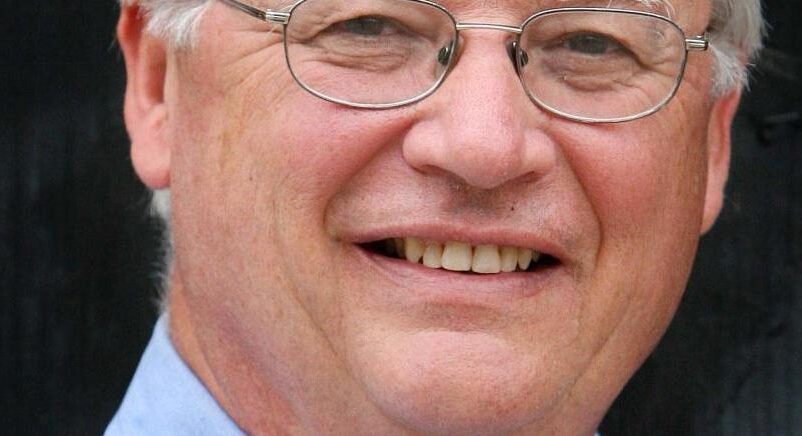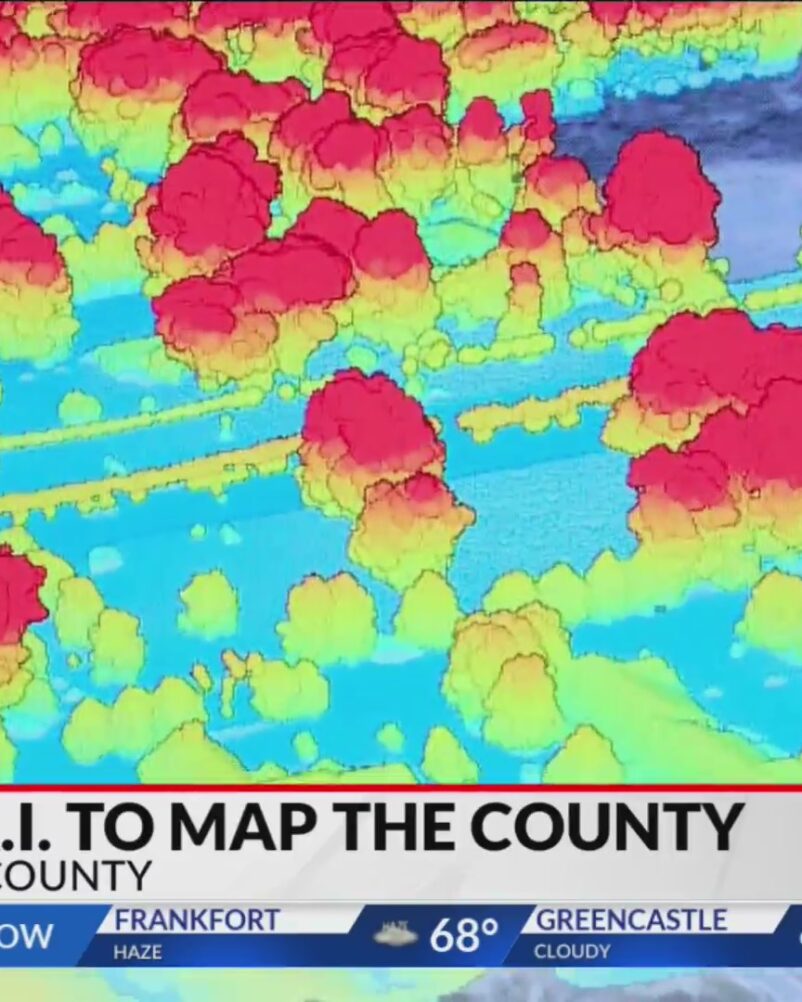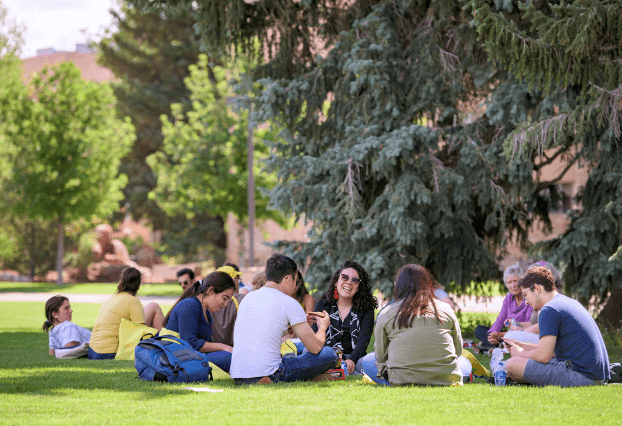
I was introduced to the prospects of artificial intelligence in 1968. I was sitting in my car at a drive-in theater watching the blockbuster movie, “2001: A Space Odyssey.” HAL, the on-board computer, had taken control of the spaceship Discovery and shut down life support for the crew who were in suspended animation for the voyage to Jupiter. Dave, the lone surviving astronaut, was trapped outside, demanding re-entry. HAL’s red cyclops eye stared back at Dave and said calmly and without emotion, “I’m sorry Dave, I’m afraid I can’t do that.” In 1968, artificial intelligence was science fiction. Today artificial intelligence (AI) is reality, and scientists appear scared.
The cold calculating ability of computers has been raised to the next level, and, according to experts, might have no limits. Geoffrey Hinton, 75, considered the “Godfather of AI,” recently resigned his job at Google to speak freely about artificial intelligence. Speaking at a conference at MIT he said, “I think it is quite conceivable that humanity is just a passing phase in the evolution of intelligence.” He went on to explain that scientists have created an “immortal” form of digital intelligence.
Sam Altman, the CEO of the artificial intelligence company ChatGPT, spoke to Congress in a Senate hearing recently and warned about the risks of AI. AI models, he said, could “self-replicate and self-exfiltrate into the wild.” He proposed a U.S. or global agency to regulate AI.
While scientists project the advance of artificial intelligence with the capability of manipulating or even surpassing human intelligence, most have refused to recognize the source of our own intelligence. Most reject theories of intelligent design in creation and opt for random chance, a cosmic soup out of which life evolved following the “big bang” and somehow, humans rose up on two legs and studied the stars.
Most scientists are betting on the odds that in a cosmic universe as big as ours, with billions of galaxies, there must be other intelligent beings. But, so far, we have not found them. And as far as we know, they have not found us. Intelligent existence is rare, unique and beckons us to look not only to the future, to what might be, but to the past, to what came before.
Perhaps AI can remind us that all intelligence has a source; that behind it all is the master creator, a higher intelligence than we can comprehend. An intelligence that, for starters, designed us. We did not create ourselves nor did we design ourselves. Our existence and our intelligence come from another source. According to Isaiah, “My thoughts are not your thoughts, neither are my ways your ways, declares the Lord. For as the heavens are higher than the earth, so are my ways higher than your ways, and my thoughts than your thoughts.“ (Isaiah 55:8-9)
We need not fear. The highest expression of divine intelligence is found in the person of Jesus Christ. He stands alone among all persons in history as the supreme likeness of the creator who designed us. “He is the image of the invisible God, the firstborn of all creation, for by him all things were created, both in the heavens and on the earth, visible and invisible.” (Colossians 1:15-16)



